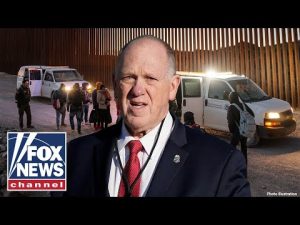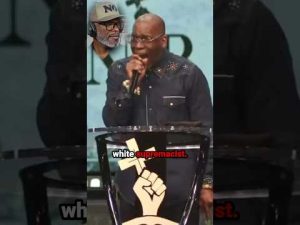In the latest skirmish on free speech, the debate shifts from the national park of public opinion to the controlled enclaves of network television. With the government allegedly leaning on networks over content, some perceive a phantom hand guiding what can and cannot be said. Yet, as the old saying goes, you can have freedom of speech, but not freedom from consequences. This sentiment seems particularly resonant when considering the antics of media personalities who find themselves in hot water with their employers.
At the center of this controversy is the ever-entertaining and sometimes polarizing world of network TV. One need not work a stock room to understand that even major networks have standards they expect their employees to adhere to. There’s a fine line between speaking one’s mind and crossing into territory too turbulent for advertisers—or for the public mood that network guardians watch like hawks. For those crying foul, it’s crucial to remember the First Amendment protects you from government censorship but says nothing about the sensitivity of corporate HR departments or advertisers.
Take the case of a prominent comedian, whose divisive commentary during the pandemic got notably more airtime than his jokes. As some viewers switched channels faster than a teenager flipping through TikTok, networks, and sponsors started to sweat over the economic hit. So, was it really a free speech issue, or was it a case of a comedian failing to read the room? Like a poor tour guide rassling wildlife instead of guiding tourists smoothly, network commentators need to understand the wildlife they’re engaging with: the viewing public.
Meanwhile, some people argue that the airwaves are public properties and should be treated with more oversight to prevent them from turning into uncontrolled soapboxes for just anyone with a mic and an opinion. While the notion has its intellectual merits, it’s worth pointing out that this comparison falls apart like a wet paper bag when one considers that these “public tours” are led by private companies with their own agendas. It’s one thing to tour a national park responsibly, quite another to invite controversy and wonder why the park rangers step in.
This latest hubbub underscores the need for a balance between expression and responsibility, a lesson as old as the media industry itself. Of course, for those entertainers now banished from network TV, the world is wide open. As suggested, they might consider the vast, uncharted turfs of the podcast sphere or the stage at the local comedy club. After all, some people still appreciate a good joke, even if it occasionally comes at the expense of the rigid standards of network decorum.







